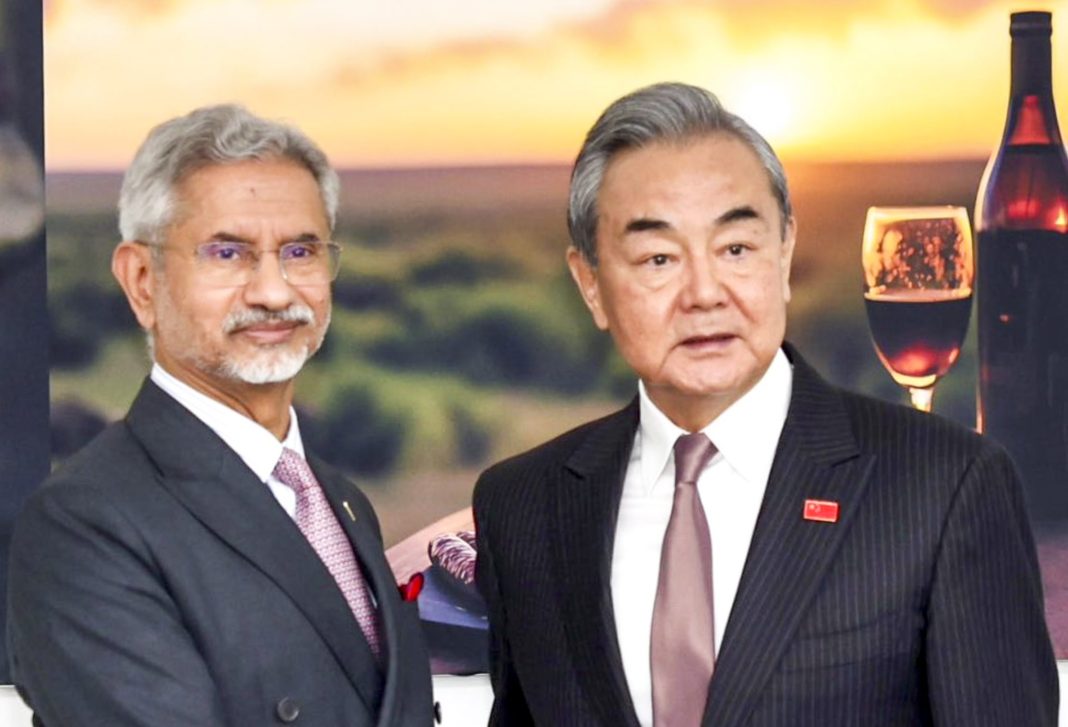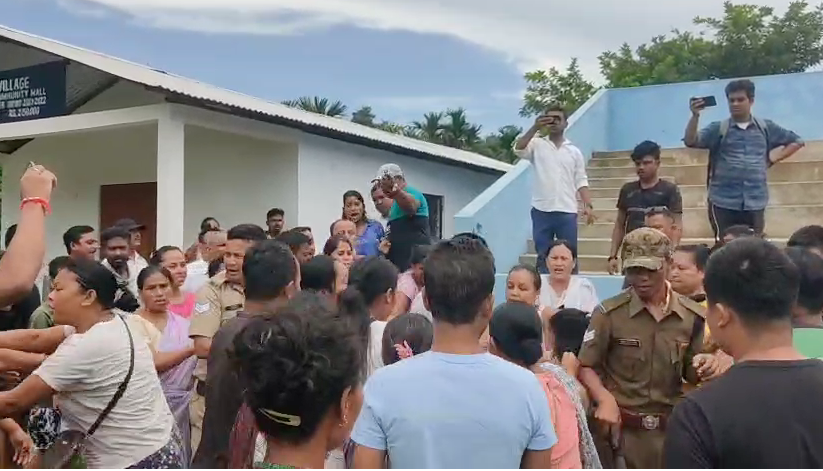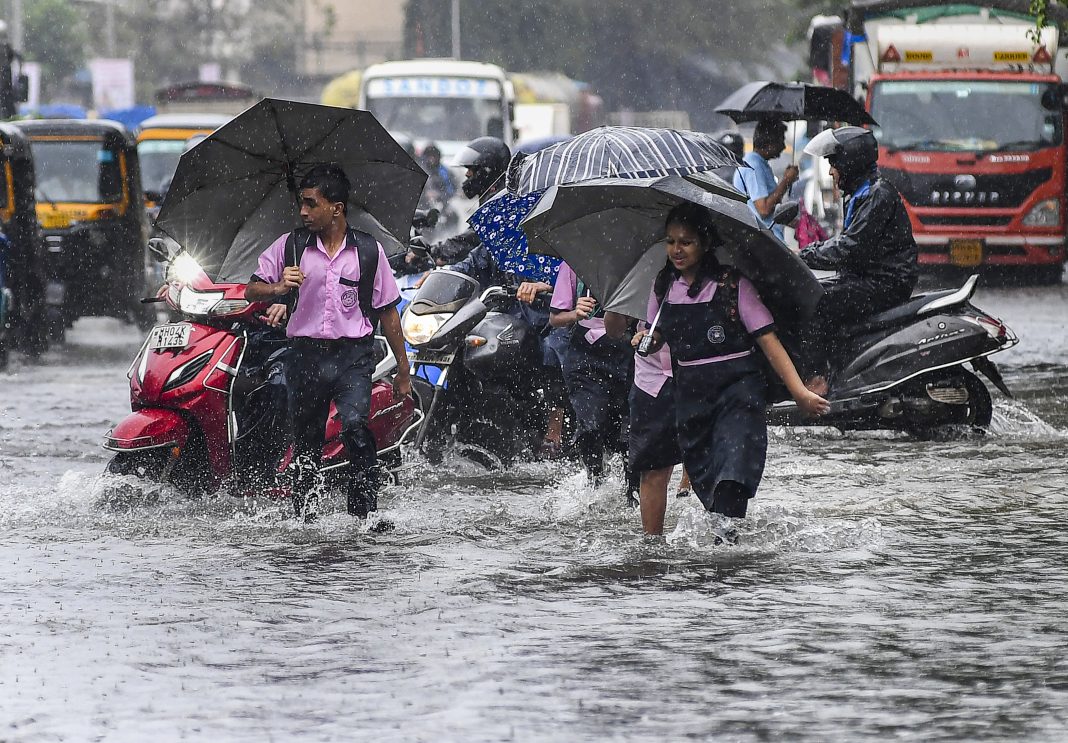New Delhi, Aug 18: India and China should adopt a “candid and constructive” approach in moving ahead in the ties that must be based on mutual respect, mutual sensitivity and mutual interest, External Affairs Minister S Jaishankar conveyed this to his Chinese counterpart Wang Yi on Monday.
In his opening remarks at a meeting with Wang, the external affairs minister pitched for taking forward the de-escalation process in the border areas along the Line of Actual Control (LAC) in eastern Ladakh that witnessed over a four-year face-off between the militaries of the two nations.
Jaishankar held wide-ranging talks with the Chinese foreign minister shortly after he landed in Delhi on a two-day visit that came days ahead of Prime Minister Narendra Modi’s planned trip to China to attend the annual summit of Shanghai Cooperation Organisation (SCO).
Wang’s visit is largely seen as part of ongoing efforts by the two neighbours to rebuild their relationship after it came under severe strain following the deadly Galwan Valley clashes in 2020.
In his remarks, Jaishankar also mentioned fighting against terrorism in all its forms and manifestations as another major priority.
“Having seen a difficult period in our relationship, our two nations now seek to move ahead. This requires a candid and constructive approach from both sides,” the external affairs minister said.
“In that endeavour, we must be guided by the three mutuals – mutual respect, mutual sensitivity and mutual interest. Differences must not become disputes, nor competition conflict,” he said.
The Chinese foreign minister is in India primarily to hold a fresh round of Special Representatives (SR) dialogue on the boundary question with National Security Advisor Ajit Doval. The SR talks will be held on Tuesday.
Wang and Doval are the designated special representatives for the boundary talks.
“This (SR talks) is very important because the basis for any positive momentum in our ties is the ability to jointly maintain peace and tranquillity in the border areas. It is also essential that the de-escalation process move forward,” Jaishankar said.
The talks covered economic and trade issues, pilgrimages, people-to-people contacts, river data sharing, border trade and connectivity.
“I would like to follow up on some particular concerns that I had brought up with you, when I visited China in July,” Jaishankar said without elaborating.
The external affairs minister also dropped enough hints of discussion on international situation.
“We seek a fair, balanced and multi-polar world order, including a multi-polar Asia. Reformed multilateralism is also the call of the day.
“In the current environment, there is clearly the imperative of maintaining and enhancing stability in the global economy as well,” he said.
“The fight against terrorism in all its forms and manifestations is another major priority. I look forward to our exchange of views,” he added.
The external affairs minister said New Delhi expects that the discussions would contribute to building a stable, cooperative and forward-looking relationship between India and China — “one that serves both our interests and addresses our concerns”.
“You are visiting India, shortly before the SCO summit that China is hosting in Tianjin. We have worked closely with the Chinese side during its Presidency. We wish you a successful Summit with strong outcomes and decisions,” Jaishankar added.
In the SR talks, both sides are expected to deliberate on new confidence-building measures besides reviewing the overall situation along the LAC.
Though the two sides disengaged troops from the friction points, they are yet to de-escalate the situation by pulling back the frontline forces from the border.
Each side currently has around 50,000 to 60,000 troops along the LAC in the eastern Ladakh region.
NSA Doval travelled to China in December last and held the SR talks with Wang, weeks after Prime Minister Modi and Chinese President Xi Jinping decided to revive various dialogue mechanisms between the two sides at a meeting in the Russian city of Kazan.
The military standoff in eastern Ladakh began in May 2020 and the clashes at the Galwan Valley in June that year resulted in a severe strain in bilateral ties.
The face-off effectively ended following completion of the disengagement process from the last two friction points of Demchok and Depsang under an agreement finalised on October 21 last year.
In the last few months, the two sides also took a number of initiatives to rebuild the ties that included resumption of Kailash Mansarovar Yatra and New Delhi restarting issuance of tourist visas to Chinese nationals. (PTI)




